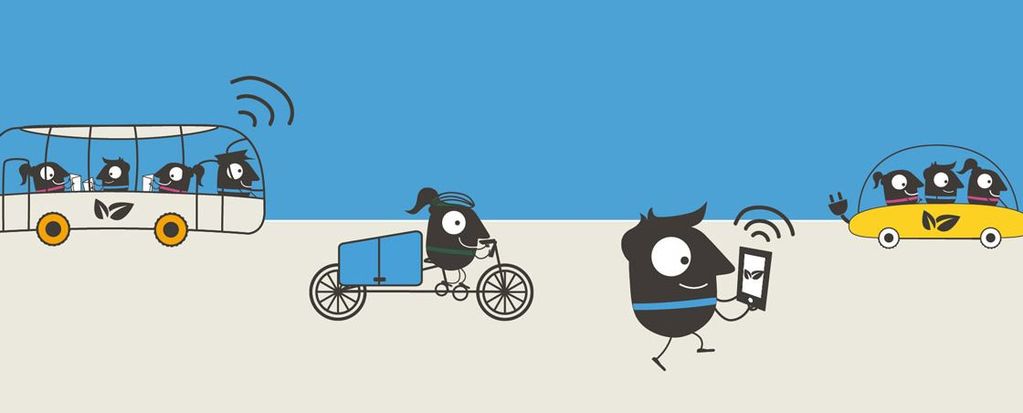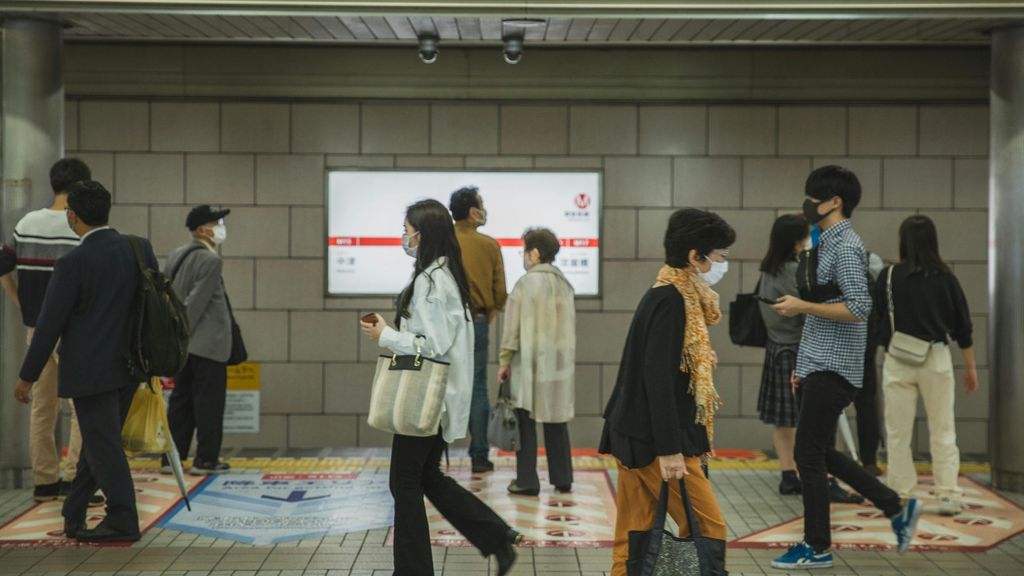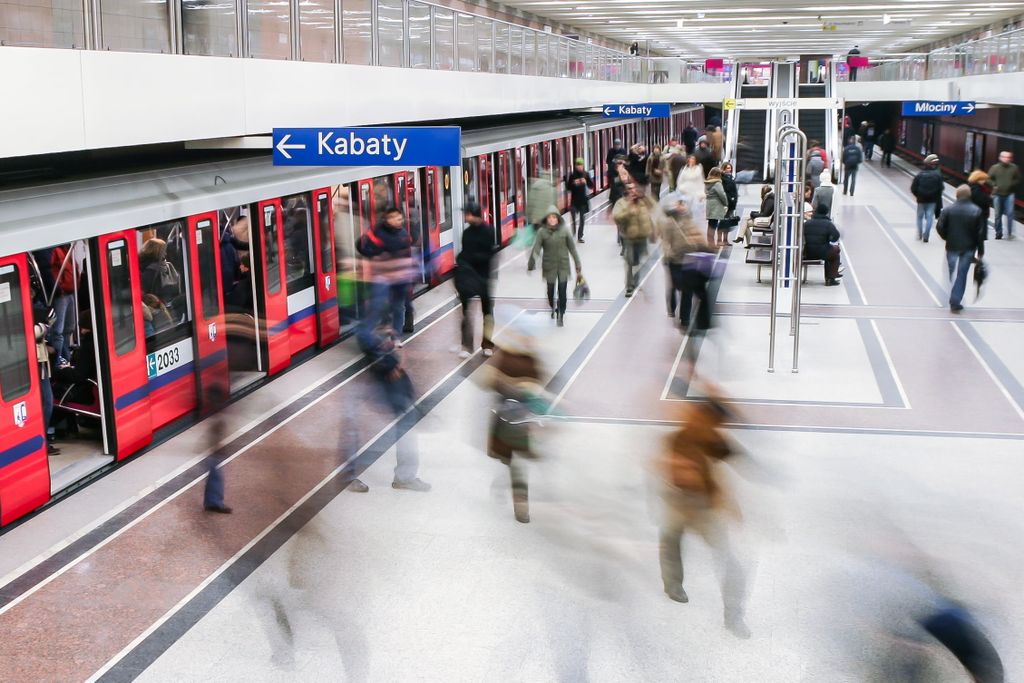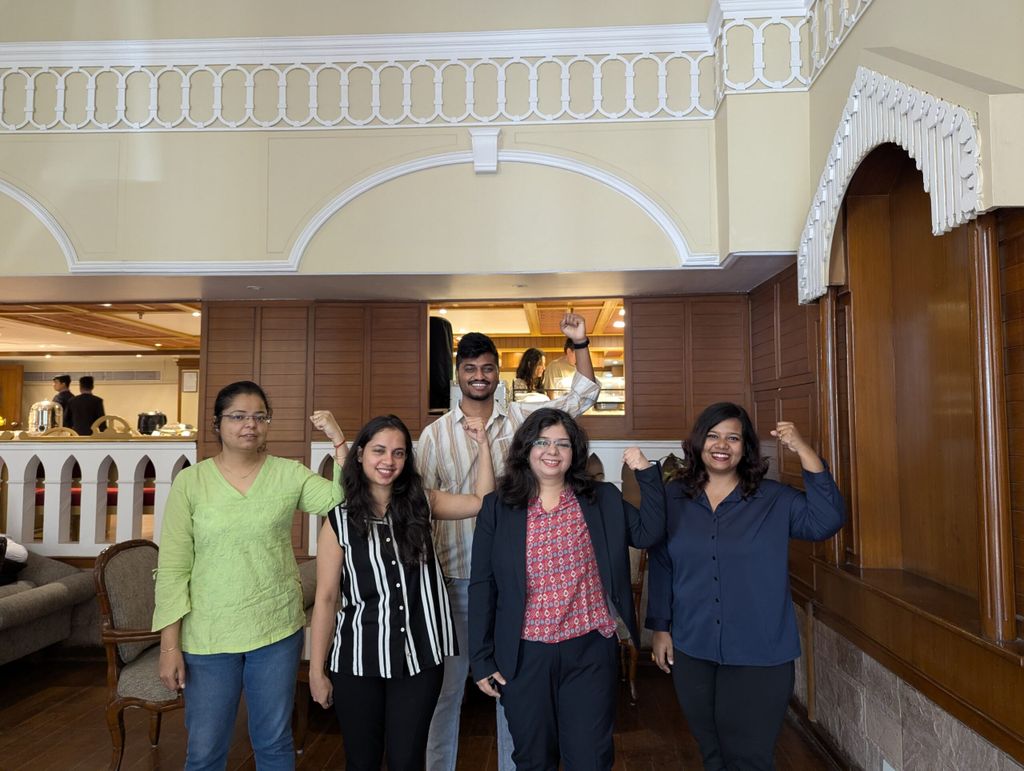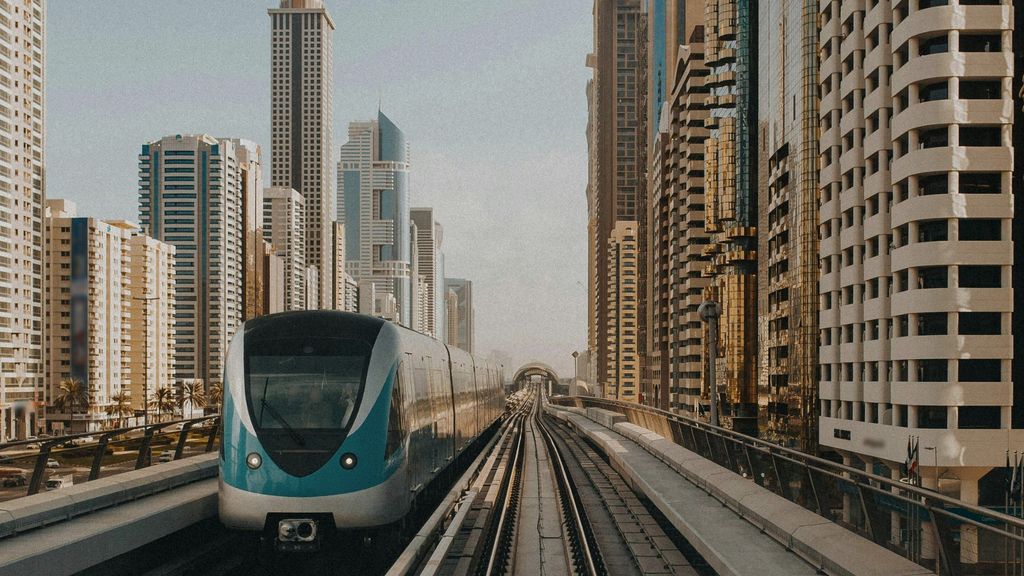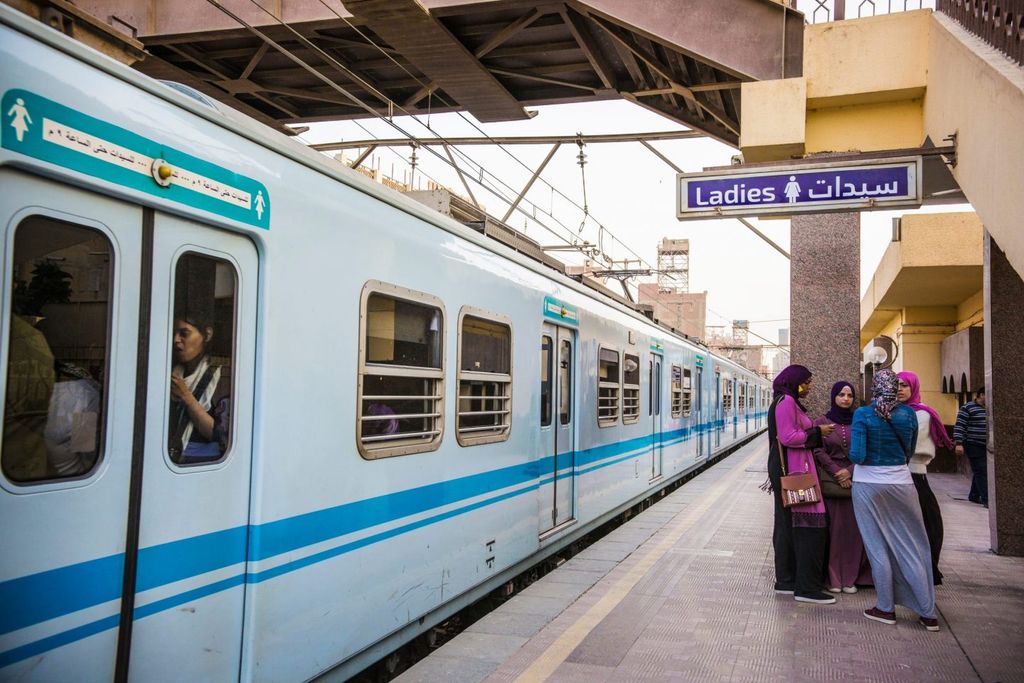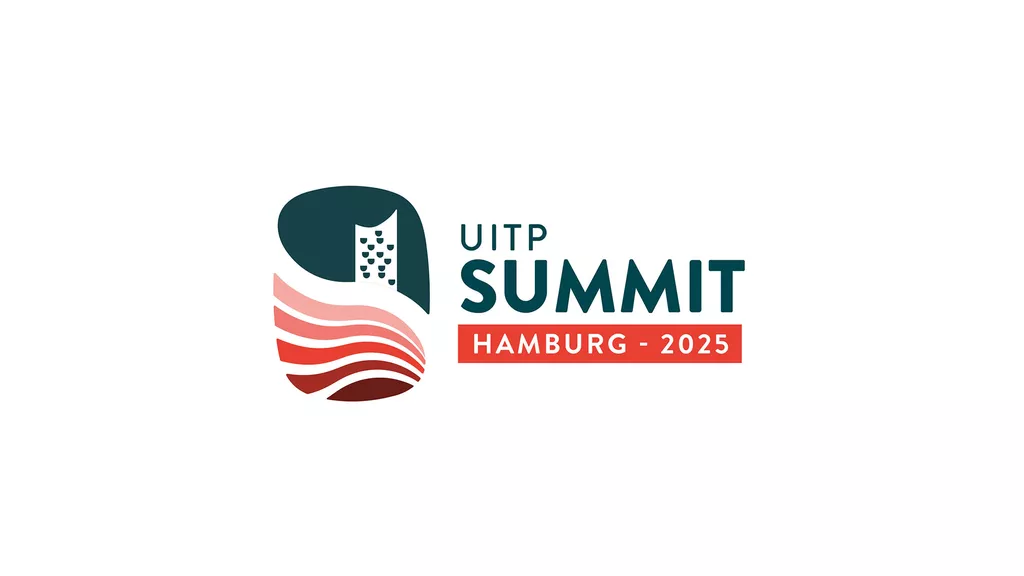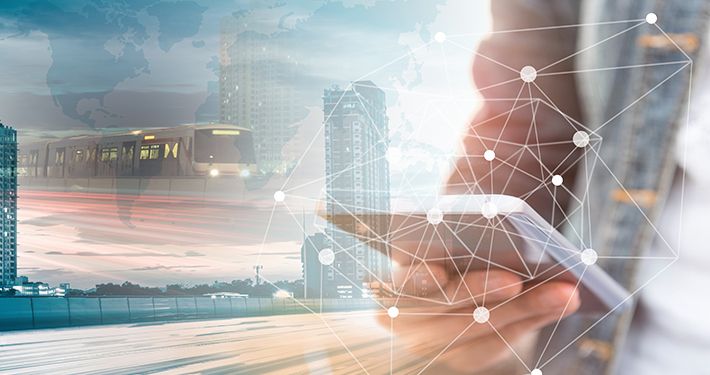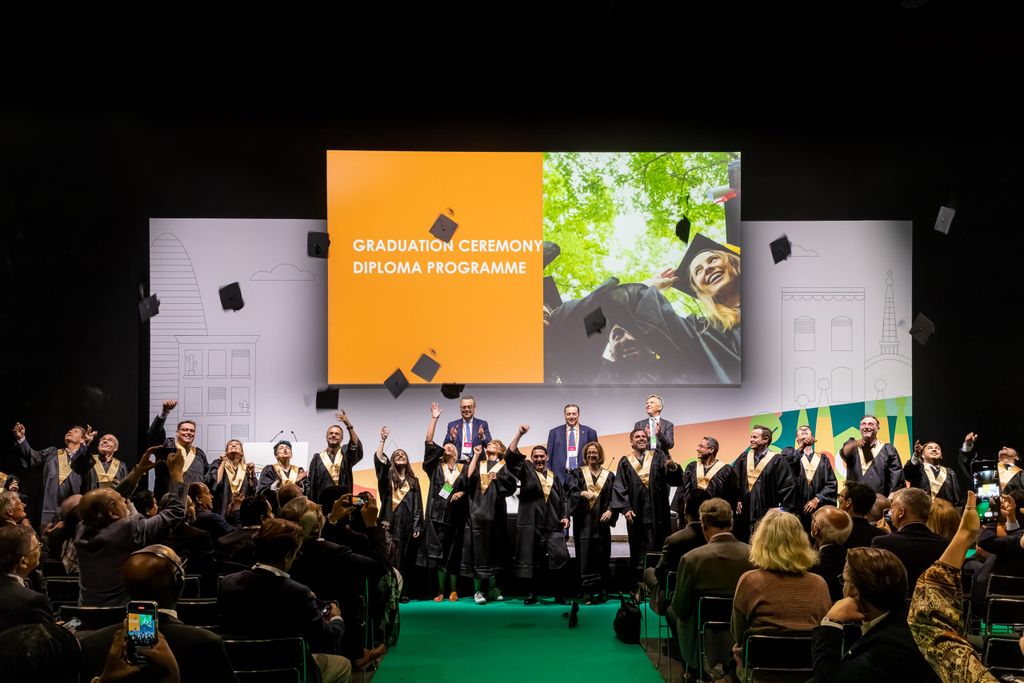
Mobility Around The Clock
Global public transport leaders and experts from every corner of the globe gathered virtually on 26 October for the UITP Mobility Dialogue. In 11 sessions over 14 hours, 45 speakers discussed every aspect of mobility with over 1,000 attendees.
Kicking off the dialogue Aliya Mohamed, Director of Public Affairs at TransLink Canada moderated the first session on ‘attracting and retaining passengers’. Despite efforts made by the sector, many passengers have not come back to public transport. It is essential for public transport operators and authorities to have passenger-centric strategies in place to win back passengers and attract new ones.
In the session, speakers from Beijing, Los Angeles, Moscow, Paris, and Singapore shared their organisation’s best practices to promote public transport. These projects ranged from music and art in public transport networks to contactless payments and large communications campaigns.
UITP President Khalid Alhogail also took this opportunity to welcome all the participants in the Mobility Dialogue. Het emphasised the importance of sharing knowledge and experiences. “To come out successfully from the pandemic, public transport has an essential role to play. It not only supports economic growth, but will also allow us to deliver on our climate objectives.”
Each plenary session was followed up by small group networking sessions where the speakers engaged directly with participants, often stirring up lively debates.
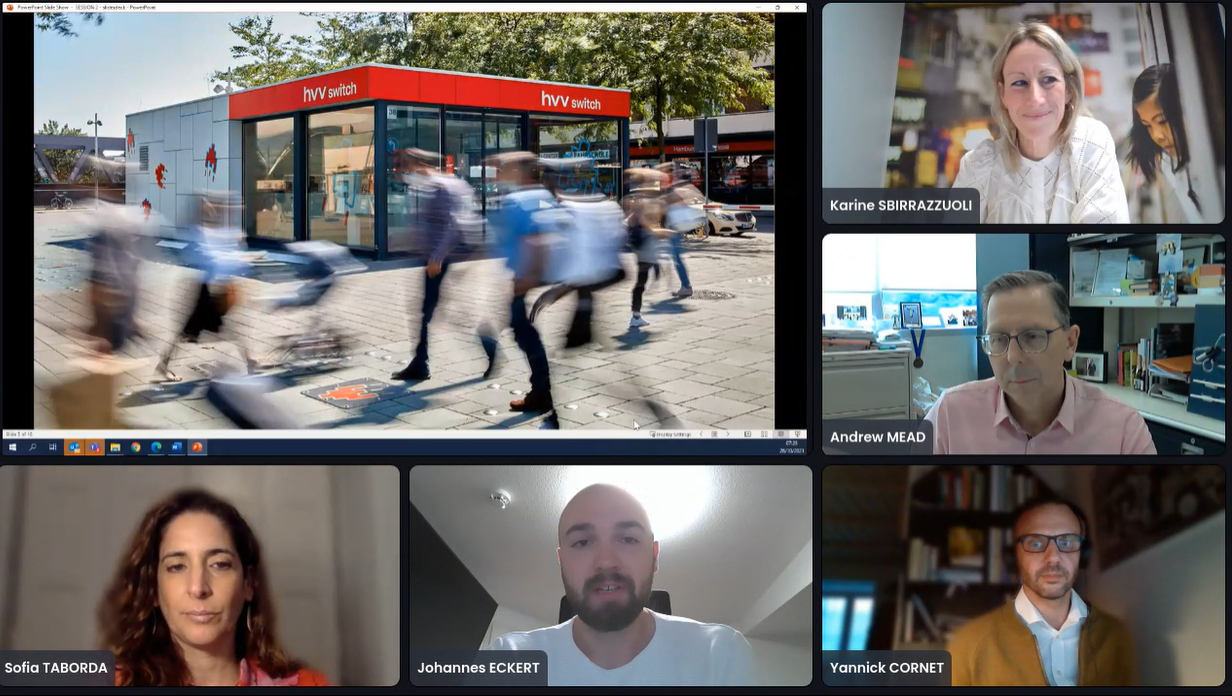
Visit our upcoming in person events
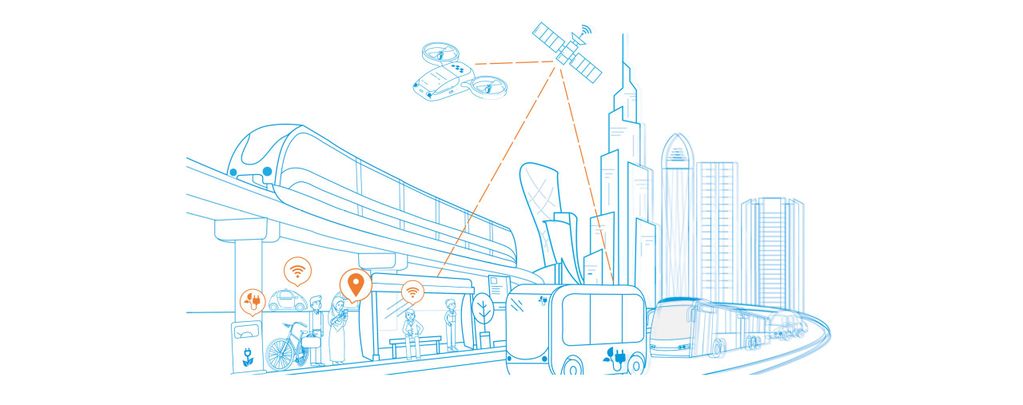
Public Transport After The Pandemic And Beyond
Over the following sessions discussion topics ranged from the business model of public transport to urban mobility innovations and public transport in suburban and rural areas. In the latter, Howard Collins gave, what may be, the most extreme example of ‘rural areas’.
As Chief Operations Officer of Transport for New South Wales in Australia he covers rural areas that are “sometimes 300 or 400 kilometres away from the city. But let’s not forget that within those rural communities public transport includes the public use of your feet and legs to move around and not clog up our streets.”
In the fifth session, which debated how public transport will emerge from the pandemic, UITP Secretary General Mohamed Mezghani asked panelists what they think will define mobility after the COVID-19 pandemic. Clément Michel, Executive VP Human Resources and Transformation Keolis: “it has to be ‘new mobility patterns’. We have to evolve quicker into that new demand.”
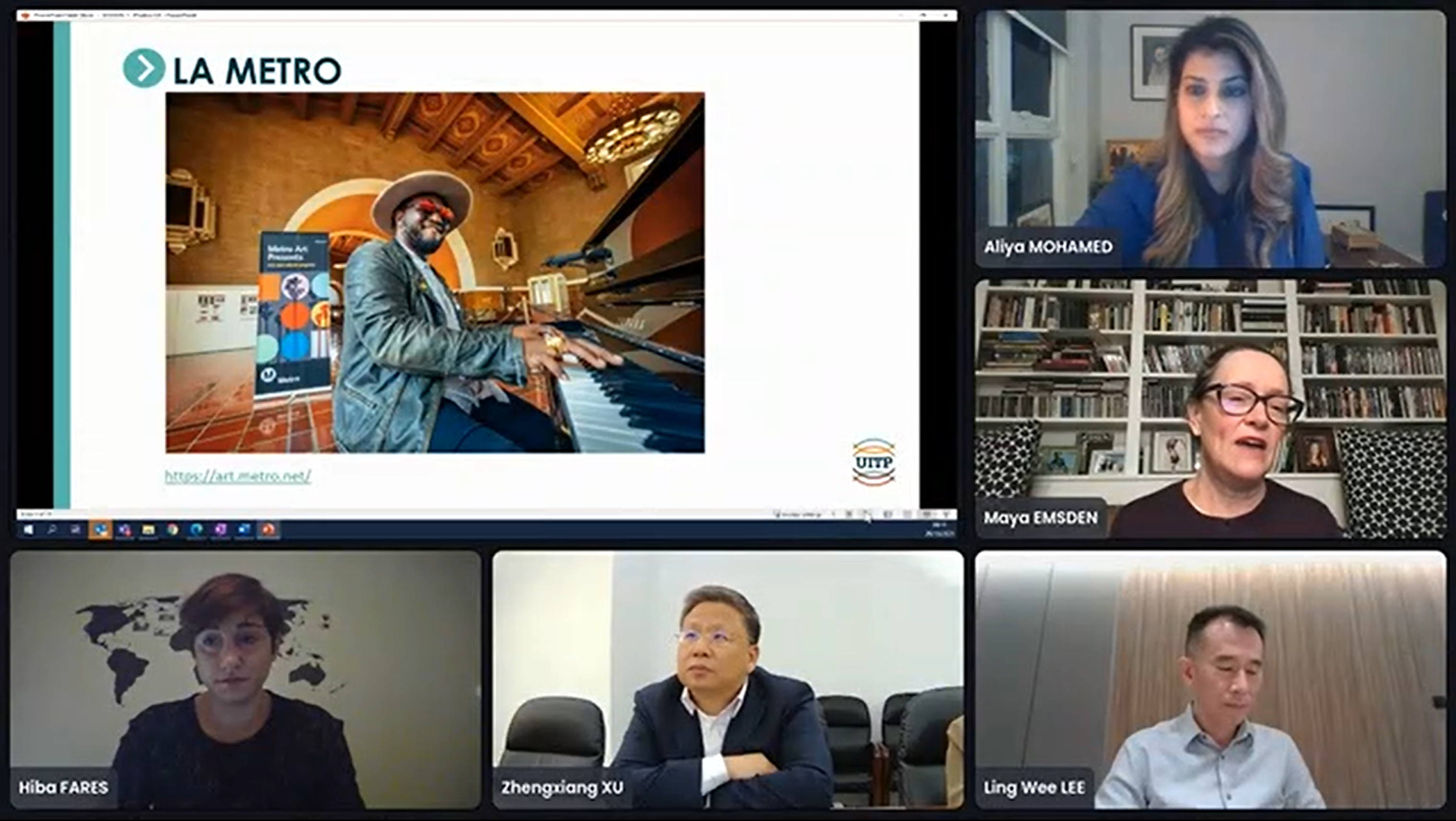
This session also marked the first session of Laia Bonet as then new president of TMB Barcelona. She shared how her organisation is aiming to quickly grow the share of sustainable mobility far beyond pre-covid levels. “The COVID pandemic has accelerated the process which started before COVID: accelerating sustainable mobility.”
The final session of the Mobility Dialogue saw high level speakers discuss ‘better mobility for all in changing cities’. With Maria Neira, Director Environment, Climate Change and Health at the World Health Organization, remarking that: “the only way to make our cities more liveable is to have a good, sustainable public transport system”.
Every Session, Every Speaker
Thanks To Our Sponsors
The Mobility Dialogue was sponsored by Guangzhou Public Transport Group, KfW, KONE, MTR and Traffic Control Technology.
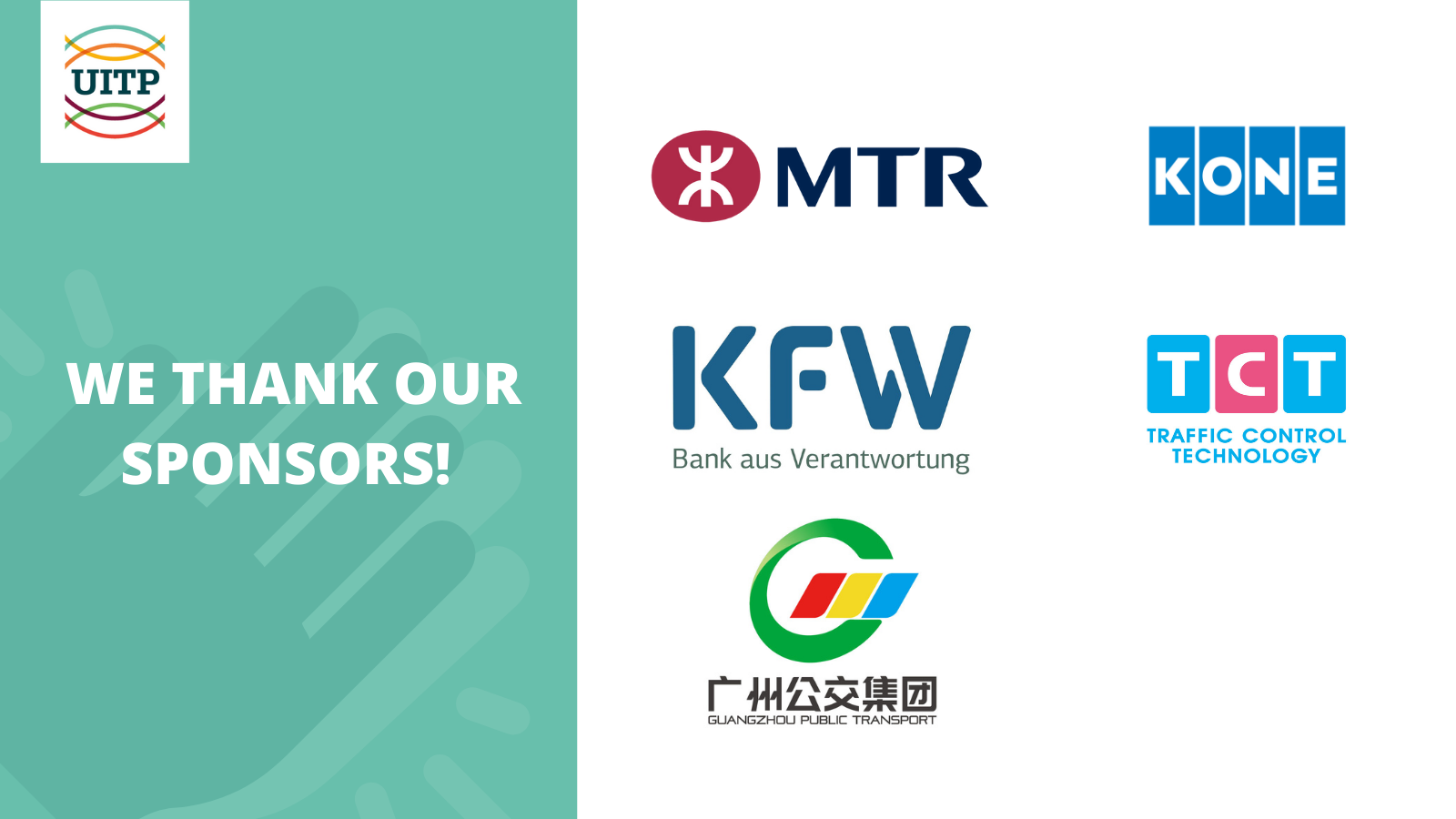
Missed Anything?
Some followed the entire Mobility Dialogue, but most only tuned in for a couple of sessions. Regret missing any? UITP Members and anybody that purchased a ticket to the Mobility Dialogue can access the recordings through MyLibrary.
become a member
exclusive resources

